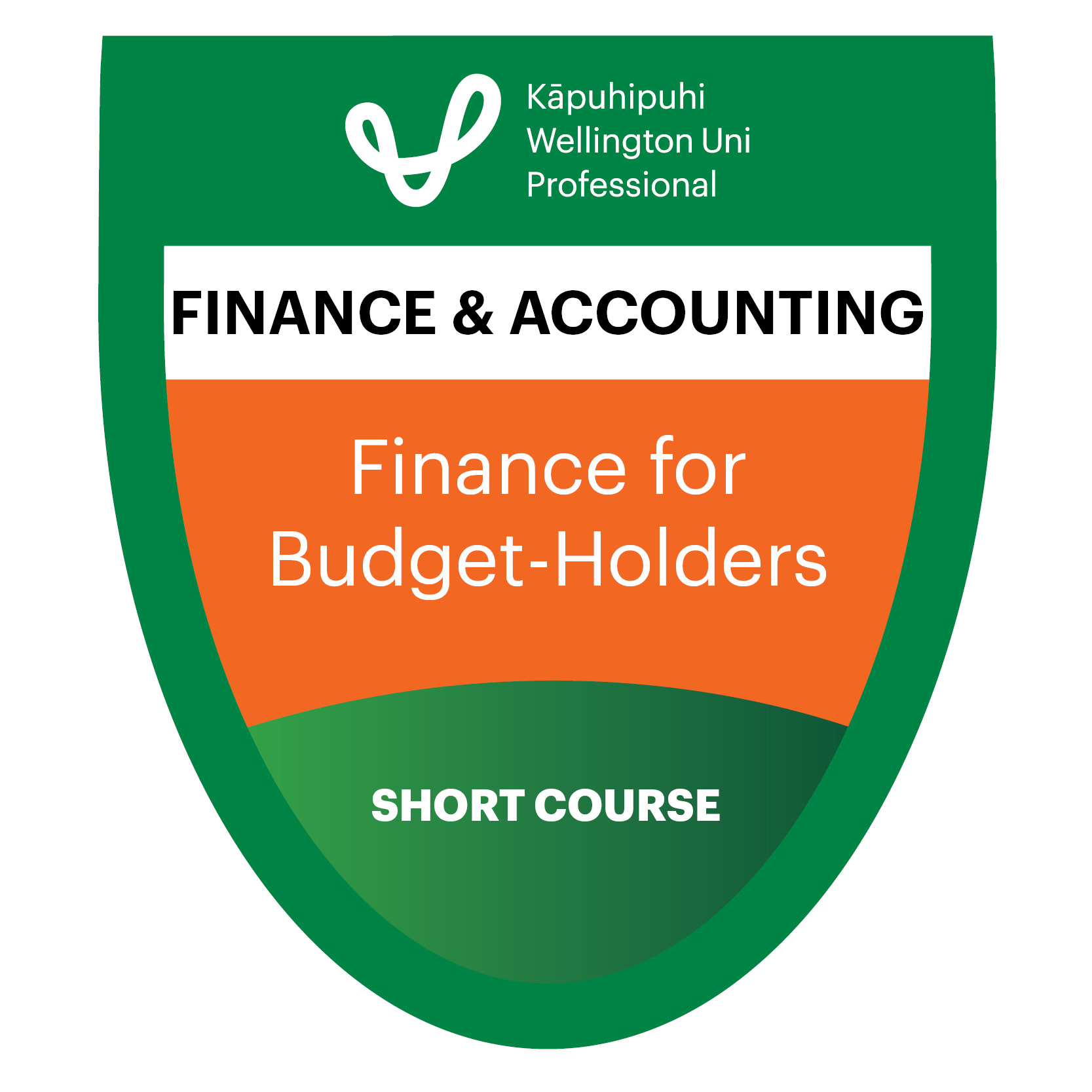Effective Budgeting for Managers
Learn how to use financial information in decision making and confidently evaluate financial performance.
Managers and decision makers who need to work with financial information, build budgets or contribute to financial planning and performance evaluation, but do not have formal financial training.

Course overview
Budgeting is a core part of effective management, yet many people feel unsure about the numbers or how to interpret them.
This half day workshop provides a clear, practical introduction to the financial information managers rely on when planning work, allocating resources and assessing performance.
Through simple explanations, examples and guided practice, the session helps participants understand the financial data from budget reports and how to work with the assumptions behind the numbers.
This course is designed for managers and decision makers who do not have formal financial training but want to build confidence in budgeting and financial conversations.
Participants leave able to interpret key information for decision making and for performance evaluation.
.jpg)
What you'll learn
- Understand common financial terminology, the core cost concepts, and how to allocate overhead.
- Understand the master budget and delegated budgets.
- Build realistic budgets that reflect the actual costs and underlying drivers.
- Use simple tools to analyse variances and identify areas that need attention.
- Apply basic financial insights to support confident decision making and mindful performance evaluation.
- Understand important behavioural aspects of budgeting.
Course modules
Module 1: Understanding the cost of services and products
Learn the building blocks of costing, including direct and indirect costs, and how these influence planning and pricing decisions.
Module 2: Building the master budget
Explore how operational plans translate into a master budget and understand the links between revenue, expenditure and organisational priorities.
Module 3: Budget variances
Identify common types of variances and understand why they occur so you can interpret results accurately.
Module 4: Variance analysis and management by exception
Use simple analytical tools to evaluate performance, focus attention on what matters most and support timely corrective action.
Module 5: Behavioural dimensions of budgeting
Examine the human and organisational factors that influence budgeting, including incentives, assumptions and communication.
Further Information
Format
This course is delivered as a full-day in-person workshop at our Wellington venue. It includes a mix of facilitator-led sessions, small-group exercises, and whole-group discussion. Group size is limited to 16 participants to ensure meaningful interaction and personal feedback. Morning tea, lunch, and afternoon tea are provided to support networking and collaboration.
What You'll Receive
You will receive a digital certificate of attendance and a Wellington Uni-Professional digital badge. These include the Continuing Professional Development (CPD) hours completed, making them suitable for recognition by professional organisations and employers.

Here's what others are saying
“I found it extremely useful for equipping me as a lay person with some tools to help me make investment decisions. I now feel confident to read a financial statement, understand why it is structured the way it is, and do some useful analysis which before the course I did not.”






